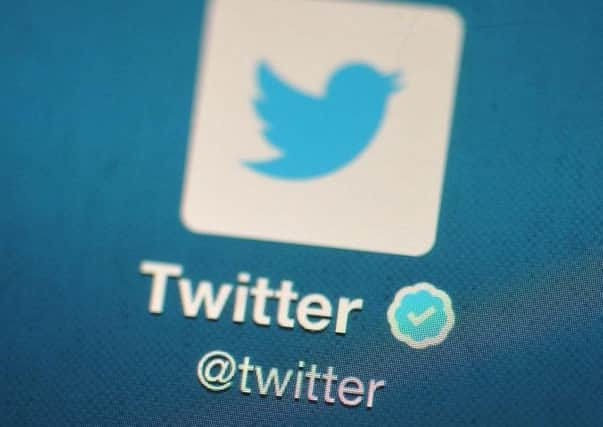Clear standards of social media conduct required


One such important life lesson I recently shared with my daughter was this: If you wouldn’t say it to me, don’t type it. Why? After being incessantly pestered to allow her to have her own mobile phone – “Everyone else has one” and “It’s not fair” – I caved in. But being mindful of the advice I give in relation to, for example, the withdrawal of job offers or the dismissal of employees for online postings, it was important to explain to her that what she posts online can have serious and lasting consequences both for her and others.
In true employment lawyer fashion, I made sure that reasonable boundaries were established through a clear policy to reduce the risk, before communicating this policy with her and making her aware of the consequences should she breach it.
Advertisement
Hide AdAdvertisement
Hide AdYou may suspect that I write this with tongue in cheek, but the University of Exeter is currently investigating the use of racist language by some of its law students on a private Whatsapp group chat after screenshots of this group chat were shared online. It is reported that at least one student has had their offer of a training contract offer revoked. The use of social media in our private lives and on an ostensibly private basis with others whom we believe to share the same views and values as ourselves could in fact jeopardise our employment – particularly if it is deemed to be entirely inconsistent with the nature of position or the employer’s objectives and therefore damaging to its reputation.


You might be forgiven for thinking that law students really ought to have known better, but that is the very point; it should never be taken for granted that an individual will know what is and is not acceptable online conduct and, in an employment context, what an employer may consider to be damaging to its reputation. The way in which we use social media does not lend itself to the principle ‘if in doubt, ask first’ so, the importance of well-drafted contractual provisions and procedures that set out clear standards of conduct and deal with eventualities arising out of its use can not be underestimated. Equally important is ensuring that employees are both aware of their existence and have appropriate training.
As social and work relationships continue to blur thanks to social media, employers are now contending with more than just unfair dismissal claims – harassment, stress-related claims, vicarious liability for discriminatory acts and defamation to name but a few. However, if employers’ policies and its training for employees were to cover a few key points, for example, educating employees on the use of privacy settings, laying down appropriate guidelines on the range of opinions that may be expressed if representing the company, stating that it will act upon conduct outside of work that impacts upon an employee’s suitability to do his/her job and providing examples of what might be classed as defamation, it would help greatly.
The spirit that ought to be captured, which is another life lesson for us all, is ‘if you don’t have something good to say, don’t say anything at all’.
Donna Reynolds is a partner with CCW Business Lawyers